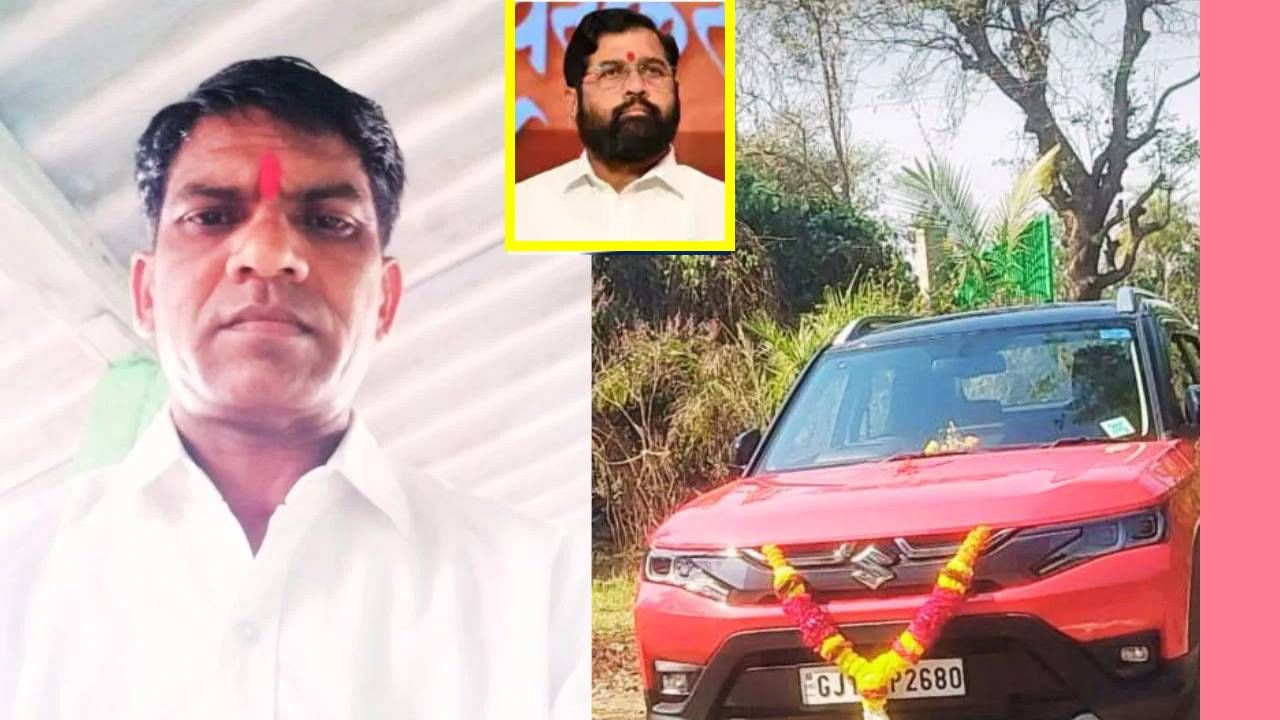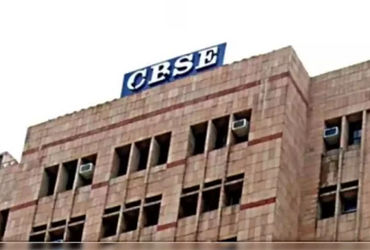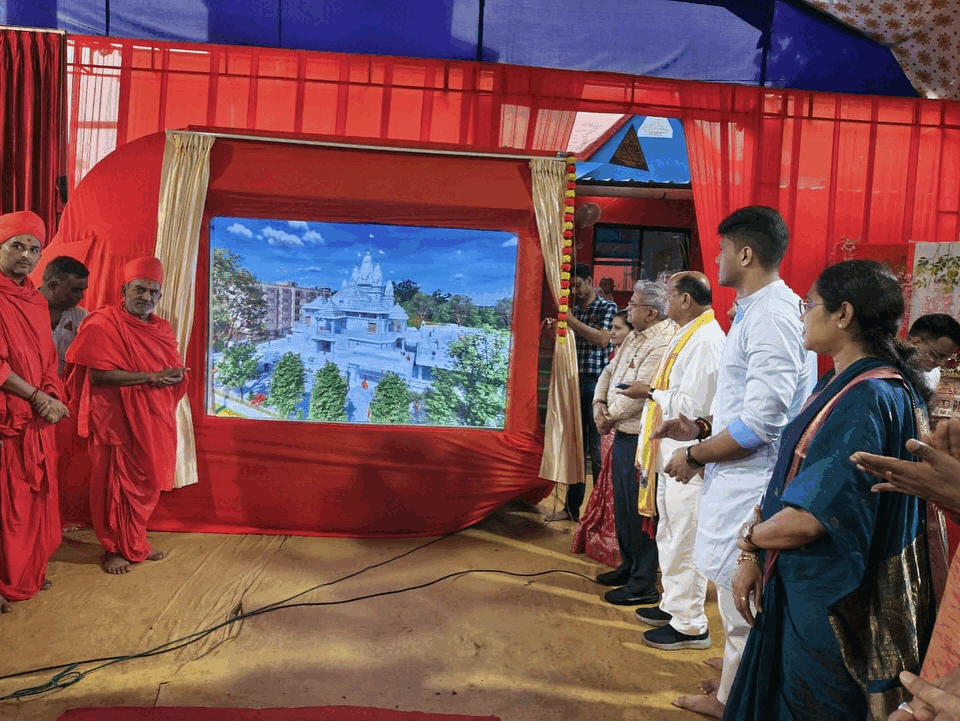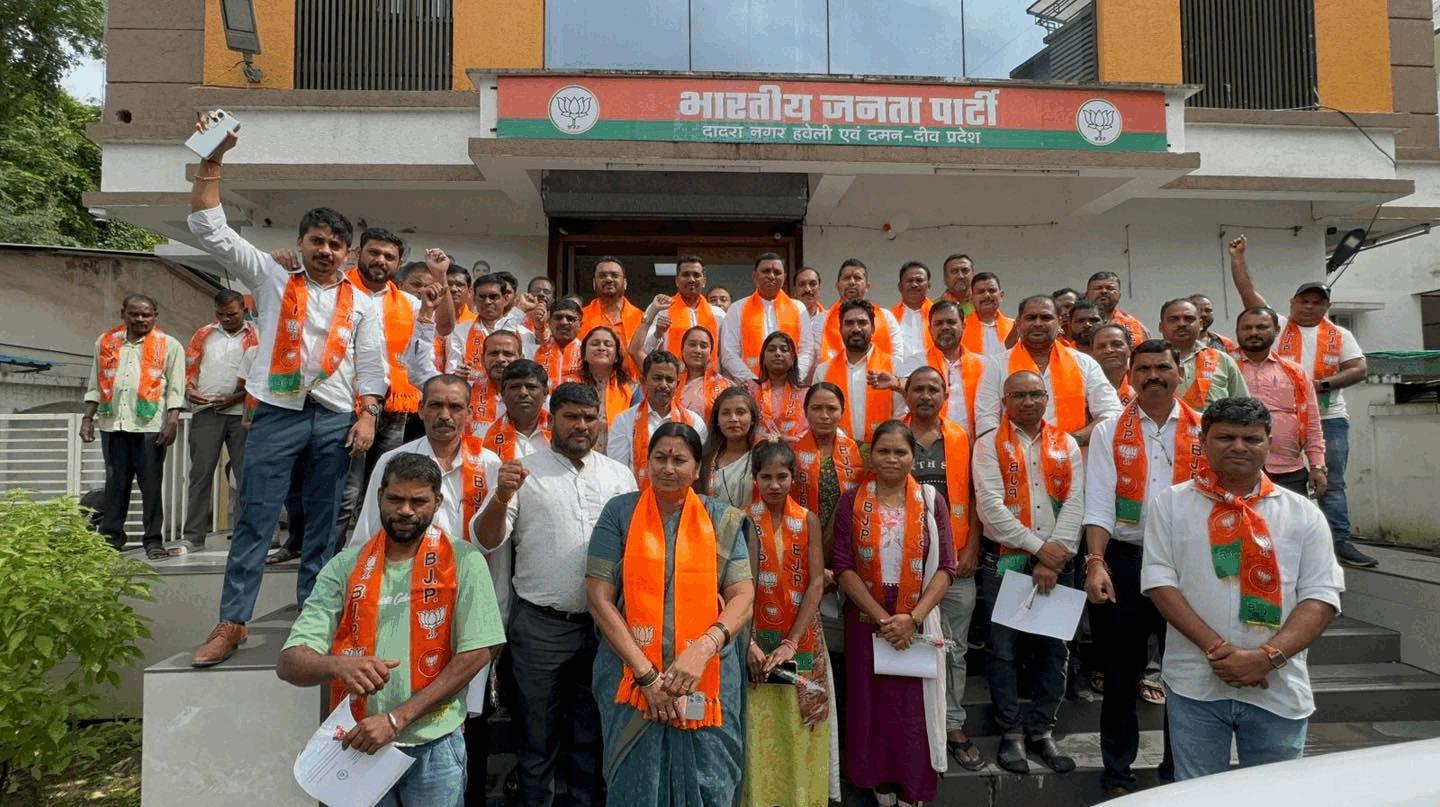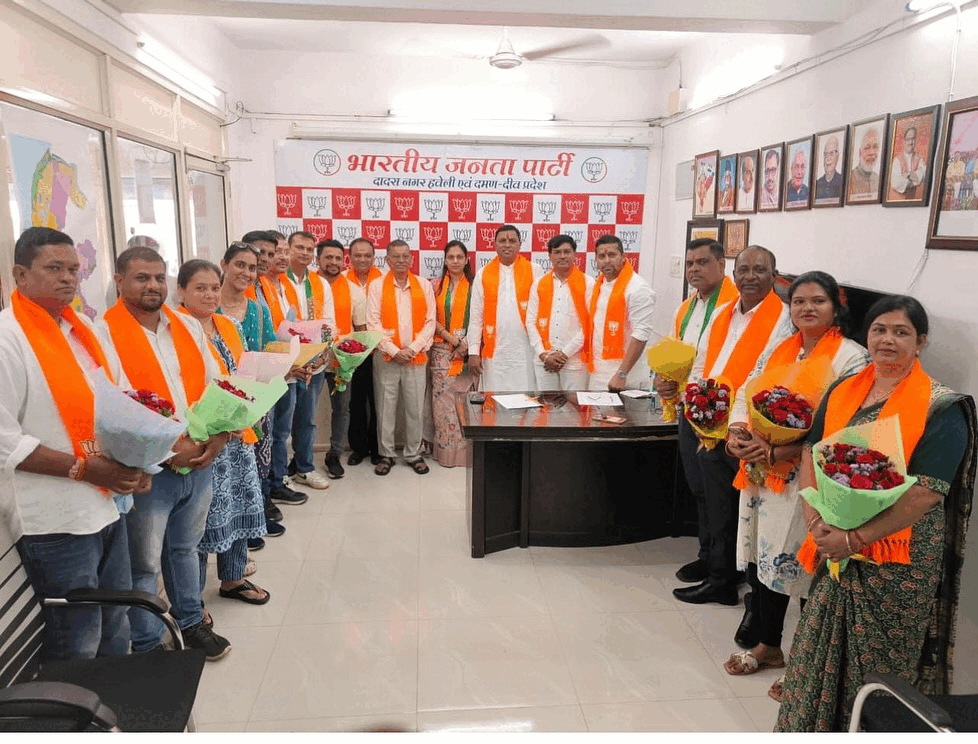Inside the Grey Zone: How Amsterdam’s Coffeeshops Dodge the 500g Weed Limit
In a world where weed laws are loosening yet inconsistent, WEEDIQUETTE’s Krishna delves into Amsterdam's infamous cannabis paradox and Washington D.C.'s partial pot revolution.
As cannabis legalisation sweeps across the globe, Amsterdam—the city that popularised weed tourism—still operates under a decades-old policy of “tolerance,” not full legalisation. In this episode of WEEDIQUETTE,
Krishna explores how Dutch coffeeshop owners navigate an odd legal limbo, where selling weed is tolerated, but buying wholesale remains illegal.
Amsterdam, Netherlands / Washington D.C., USA – It may surprise many that one of the most iconic weed-friendly cities in the world, Amsterdam, still operates under a restrictive and paradoxical policy: a coffeeshop may sell cannabis, but it cannot legally obtain it.
In this WEEDIQUETTE episode, host Krishna Andavolu takes viewers from the U.S. capital to the canals of Amsterdam, uncovering the messy realities of partial and paradoxical cannabis laws.
Washington D.C.: Legal to Possess, Illegal to Sell
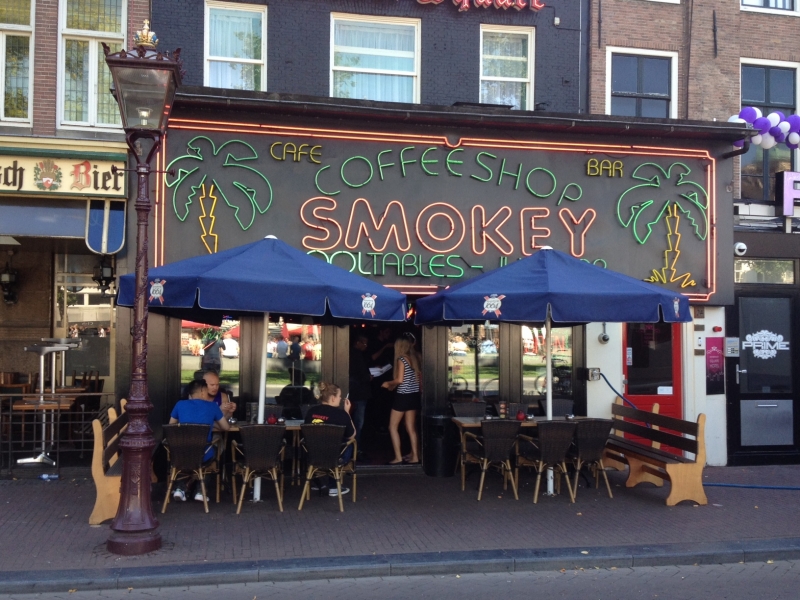
Krishna begins his journey in Washington, D.C., where marijuana is legal to possess and grow, but illegal to sell. Entrepreneurs have created a workaround by selling “legal” items—like art prints or T-shirts—and gifting cannabis with purchase, exploiting a grey area in the law.
This legal loop has given rise to a new kind of street economy. Krishna speaks to dealers, artists, and “gifting” entrepreneurs operating in plain sight, caught between law enforcement uncertainty and the high demand for cannabis.
Amsterdam’s Coffeeshop Dilemma: The Backdoor Problem
The core of the episode centres around Amsterdam’s “gedoogbeleid” (tolerance policy), under which coffeeshops can legally sell up to 5 grams per person and hold no more than 500 grams of cannabis on site..
But the catch? There is no legal supply chain. Coffeeshops must source their product from illegal growers or dealers, creating the infamous “backdoor problem”. While the front door is legal, the back door remains unlawful.
To keep shelves stocked without violating the 500g limit, shop owners get creative:
-
They “rotate stock” between shops or stash houses throughout the day.
-
Some rely on frequent micro-deliveries in hidden compartments.
-
Others simply trust that local police will look the other way—as long as they don’t make headlines.
Krishna interviews coffee shop owners who admit they’ve worked within this broken system for decades. “It’s like selling wine, but pretending you have no vineyard,” one owner quips.
A System Ripe for Reform
The Dutch government has acknowledged the hypocrisy and recently began a pilot program to regulate legal weed cultivation, but only in select cities, not Amsterdam.
Meanwhile, the U.S. continues to witness a patchwork of contradictory laws across states and cities. D.C. and Amsterdam, despite being on different continents, mirror each other’s bureaucratic cannabis confusion.
Final Thoughts:
This WEEDIQUETTE episode reveals a truth that many cannabis reformers already know: legalisation is not binary. As Krishna shows through his cross-continental exploration, the grey zone is where real people, business owners, and communities are forced to operate—and often, innovate.
What's Your Reaction?














